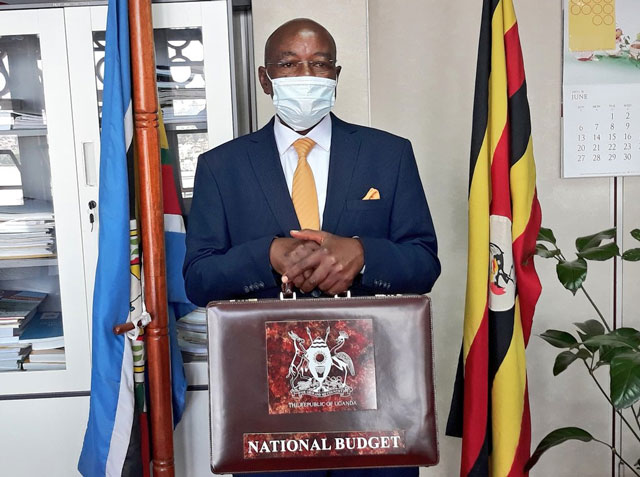Users of mobile phones will effective today pay a 12 per cent Excise Duty on the value of data, airtime and other value-added services they use, each time they top up.
The tax which has until now been charged at 20 per cent, replaces the daily 200 Shillings Over the Top -OTT Service tax that was considered unfair especially to the low-end users. It also failed by more than 70 per cent to raise the expected revenue. But exception will now be given to data for the provision of medical and education services.
The new tax is now expected to raise 60 billion Shillings. Also, there will be an increase in the tax on fuel, by 100 Shillings per litre of petrol to 1,450 Shillings, which came as a compromise position after the proposal to re-introduce the annual road license fee for motor vehicles was vehemently opposed as unfair. It is expected to raise an additional 196 billion Shillings, according to the Ministry of Finance.
The new tax and other fiscal measures come into effect at the beginning of the financial year 2021/2022.
The government is focusing on increasing domestic revenues by at least 16 per cent, from 19.3 trillion Shillings in 2020/21 to 22.4 trillion Shillings in the year 2021/22. This is part of the government Domestic Revenue Mobilisation Strategy, that is aimed at raising the revenue to GDP ratio from the current 13.5 per cent to at least 18 per cent by 2025.
This would enable the country to improve its creditworthiness and reduce the debt risk, according to advice by the International Monetary Fund and the World Bank. Uganda’s ratio has for long remained below the regional and sub-Saharan African average of 17 per cent.
However, consumers of alcoholic drinks have got mixed fortunes, with the excise duty on opaque beer falling to 20 per cent or 230 Shillings per litre, from 30 per cent or 650 Shillings. This will also apply to other locally made alcoholic beverages that have previously not been subjected to excise duty, including those considered health drinks, like Kombucha, Kaziire, Mukama Nayamba and Kituzi. The government expected to raise an additional 5 billion Shillings from this measure
Any other non-alcoholic beverage locally produced, that have previously not been taxed for excise duty, including those made out of fermented sugary tea solution with a combination of yeast and bacteria, will incur a tax of 12 per cent or 250 Shillings per litre whichever is higher.
Other drinks previously not subjected to excise duty include other fermented beverages made from imported cider, perry, mead, spears or near beer and these will not be charged at 60 per cent per litre or 950 Shillings per litre, whichever is higher. These should add another 10 billion Shillings, according to the ministry.
Similar fermented beverages but made from locally grown raw materials, have not been excisable, but will now incur a duty of 30 per cent or 550 Shillings per litre, whichever is higher. Other amendments made were on the Income Tax Act, aimed at harmonizing the administration of tax on rental income.
The Act provides for an increase in the rate for the rental income tax for individuals from 20 per cent to 30 per cent. Currently, individuals have been paying tax on rental income at the rate of 20 per cent of the chargeable rental income in excess of 2,820,000 Shillings.
The Act prescribes 75 per cent of the rental income as expenditure and losses incurred by a person in the production of such rental income. Currently, the total deductions for an individual earning rental income are 20 per cent of the rental income plus the interest expense on a mortgage from a financial institution.
Companies can deduct all the expenditures and losses incurred in deriving rental income.
This is good news for an individual as he or she will be allowed expenses of 75 per cent of the rental income earned in addition to the interest incurred on the mortgage from a financial institution.
However, for companies whose expenses and losses incurred in deriving rental income may exceed 75 per cent of the rental income may end up paying more tax on the rental income than it would have under the current regime. The rental income tax payable will be calculated at a rate of 30 per cent.





